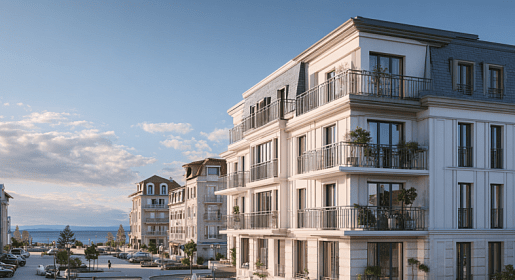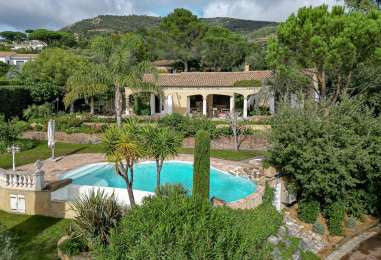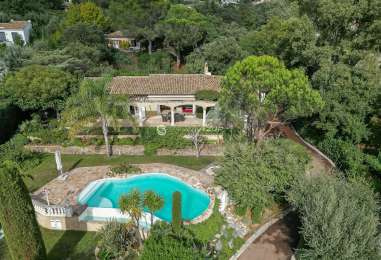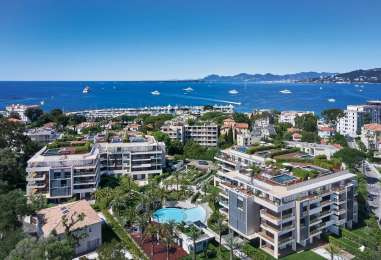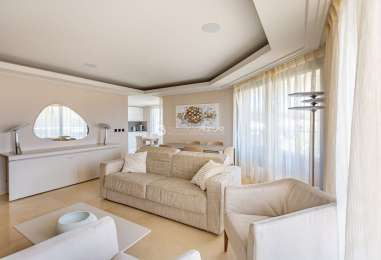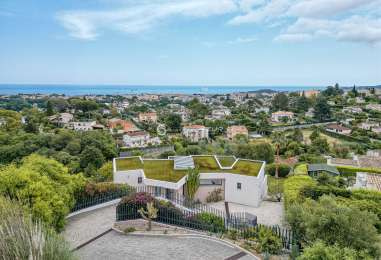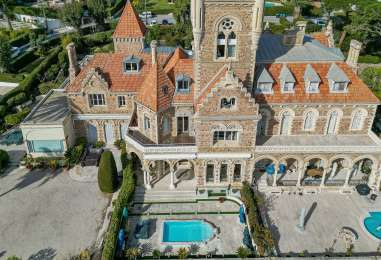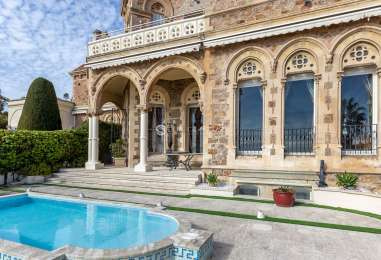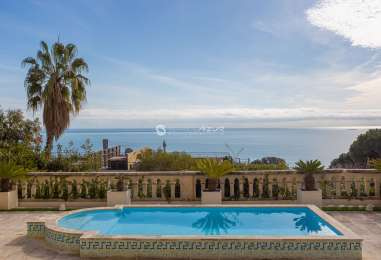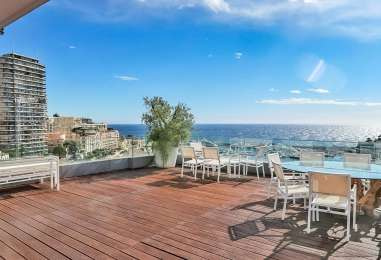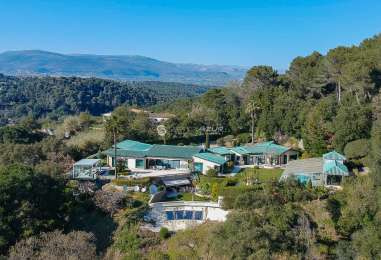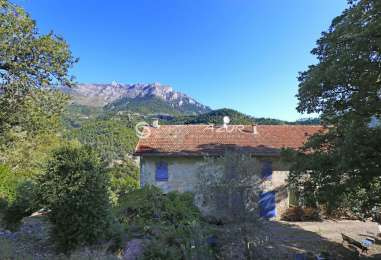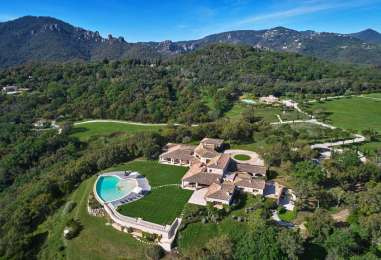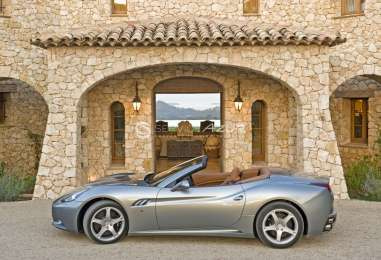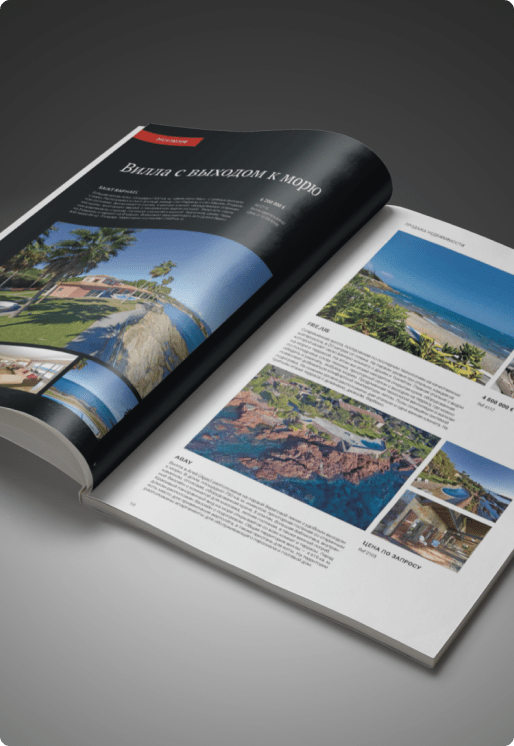Inheritance Tax in France (droits de succession) is one of the key considerations for property owners. Tax rates can reach up to 45%, and without proper estate planning, heirs risk losing a significant part of their inherited assets.
In this article, we explain:
-
the structure of the French inheritance law system;
-
current tax rates and available exemptions;
-
the concepts of bare ownership (nue-propriété) and usufruct (usufruit);
-
how the SCI familiale works;
-
and how these mechanisms can help significantly reduce inheritance tax liabilities.
1. International Inheritance Law
Since 17 August 2015, the European Succession Regulation has been applicable across all EU countries. It allows a single legal system to apply to a person’s entire estate— either the law chosen by the individual (professio juris), or the law of their last habitual residence.
For foreigners owning property in France, this rule is particularly important. It allows them to choose in advance which national law will apply to their inheritance (for example, the law of their home country) and thus avoid conflicts between different legal systems.
2. Forced Heirship (réserve héréditaire)
French inheritance law is based on the principle of forced heirship (réserve héréditaire):
-
a legally protected share of the estate must pass to the children (heirs of the first rank);
-
the remaining portion, known as the freely disposable share (quotité disponible), can be freely allocated according to personal wishes, for example through a will.
|
Number of children |
Reserved portion (réserve héréditaire) |
Freely disposable portion (quotité disponible) |
|
1 |
1/2 of the estate |
1/2 |
|
2 |
2/3 of the estate |
1/3 |
|
3 or more |
3/4 of the estate |
1/4 |
3. Inheritance Tax: Rates and Allowances
Tax Allowances (abattement succession)
Each child is entitled to a tax-free allowance of €100,000 on inherited assets.
Spouses and partners under a PACS are fully exempt from inheritance tax.
Progressive Tax Rates (droits de succession)
For direct heirs (children), the following progressive rates apply:
|
Taxable amount after allowance |
Tax rate |
|
Up to 8 072 € |
5 % |
|
8 072 – 12 109 € |
10 % |
|
12 109 – 15 932 € |
15 % |
|
15 932 – 552 324 € |
20 % |
|
552 324 – 902 838 € |
30 % |
|
902 838 – 1 805 677 € |
40 % |
|
Over 1 805 677 € |
45 % |
For distant relatives or unrelated beneficiaries, the rates are significantly higher, and the available allowances are minimal.
4. Inheritance Tax Optimisation
To reduce inheritance tax, several legal optimisation tools are commonly used in France.
Démembrement de propriété
This mechanism divides ownership rights into usufruct, which is the right to use the property and receive income from it, and bare ownership, which represents full ownership without the right of use.
Parents typically retain the usufruct, while their children receive the bare ownership.
Upon the parents’ death, the usufruct expires automatically, and the children become full owners of the property without paying additional inheritance tax.
SCI familiale (Société Civile Immobilière)
By creating an SCI, the property is contributed to the company’s share capital, and ownership shares (parts sociales) are distributed among the heirs.
Key advantages:
-
gradual transfer of assets over time;
-
eligibility for a valuation discount (décote) of approximately 10–20% on the assessed value of shares;
-
parents retain control as managing partners (gérants).
Gifting During Lifetime (donation)
This approach allows parents to transfer bare ownership to their children in advance, while benefiting from a €100,000 tax-free allowance per child every 15 years.
5. Examples of Inheritance Tax Calculations
Scenario: Married couple, both aged 60, owning a property worth €3,000,000, with two children.
1. Standard Inheritance
-
Each child receives €1,500,000.
-
Tax-free allowance: €100,000 → taxable base: €1,400,000.
-
Progressive tax: ≈ €412,000 per child.
-
Total family tax: ≈ €824,000.
2. With Démembrement de propriété
-
Parents transfer bare ownership (nue-propriété) to the children, keeping usufruct (usufruit).
-
At age 60, usufruct value = 50% of the property.
-
Taxable base = €1,500,000 (50% of €3,000,000).
-
Each child receives €750,000.
-
Two parents → combined allowance €200,000 per child → taxable base €550,000.
-
Tax ≈ €108,000 per child.
-
Total family tax ≈ €216,000.
3. Using an SCI with a 15% décote
-
Property value after 15%: €2,550,000.
-
Bare ownership (50%) = €1,275,000, or €637,500 per child.
-
Combined allowance (two parents): €200,000 per child → taxable base €437,500.
-
Tax ≈ €85,000 per child.
-
Total family tax ≈ €170,000.
4. SCI with Split Ownership at Acquisition
-
Parents buy the property through an SCI, holding usufruct shares.
-
Children receive bare ownership (nue-propriété) immediately.
-
Upon parents’ death, usufruct expires, and children become full owners.
-
Tax is paid only once, at the time of transfer of bare ownership, based on its reduced value, and no further tax applies later.
6. Steps to Follow
1. Analyse your family situation (children, spouse, marriages).
2. Define your strategy — démembrement de propriété, SCI, or donation.
3. Coordinate your plan with a notaire and a tax advisor.
4. Prepare the necessary documents in advance: will, professio juris, gift agreement.
5. Review and update your strategy regularly if your circumstances change (new property purchase, change of tax residence, etc.).
Conclusion
Thoughtful inheritance planning in France is not a legal formality — it is a real financial advantage for your family. By using démembrement de propriété, SCI familiale, and available tax allowances, it is possible to reduce inheritance taxation by 2-3 times and simplify the transfer of assets to your children.
At Property ServiceAzur, our expertise goes far beyond property transactions. For our clients, we conduct a comprehensive analysis of tax optimisation opportunities, develop tailor-made strategies, and, after the acquisition, provide property management and administrative support, ensuring full and continuous assistance over the long term.




